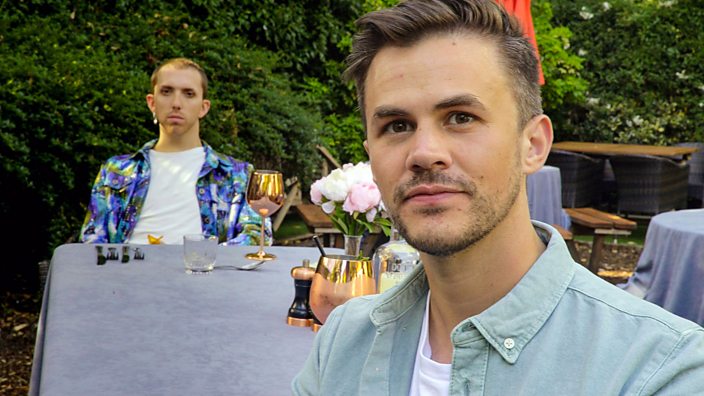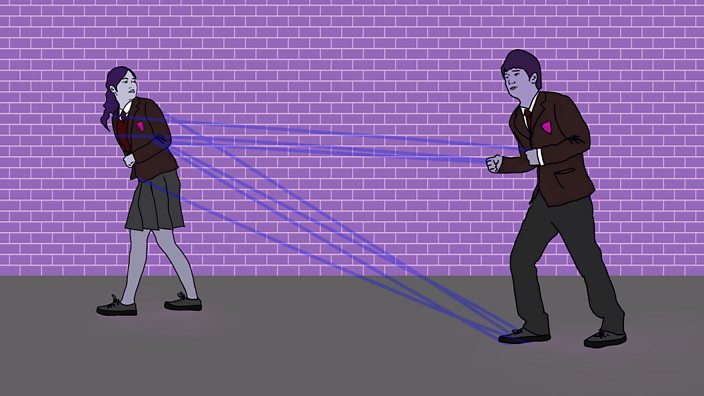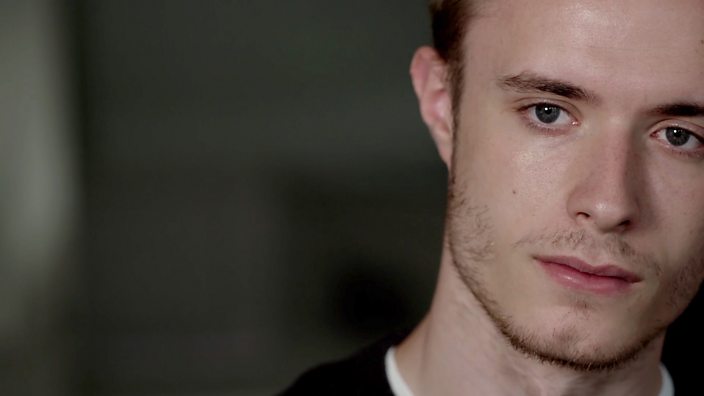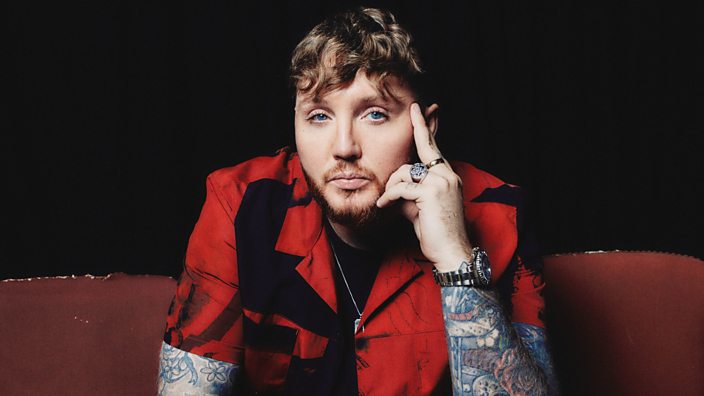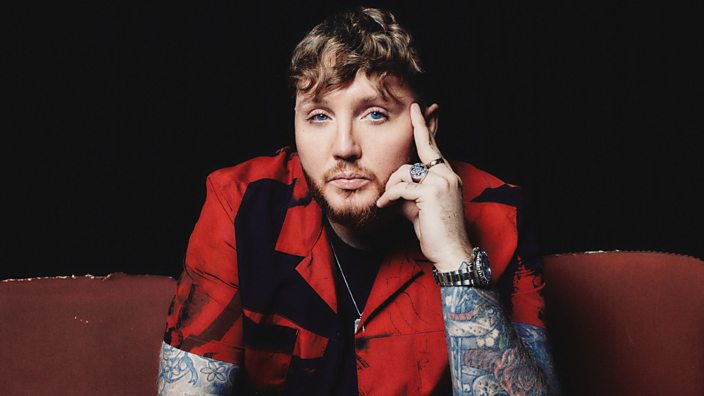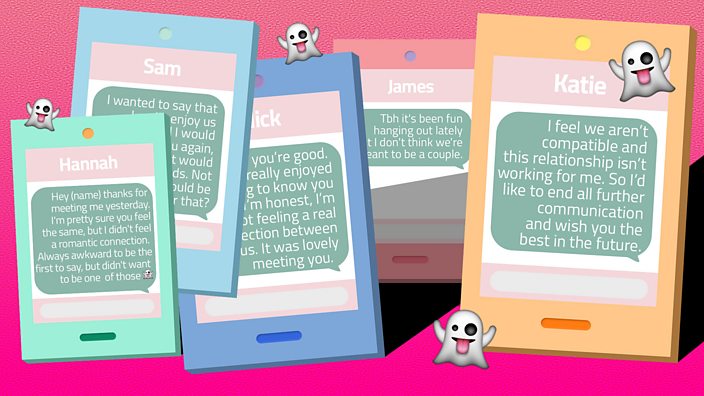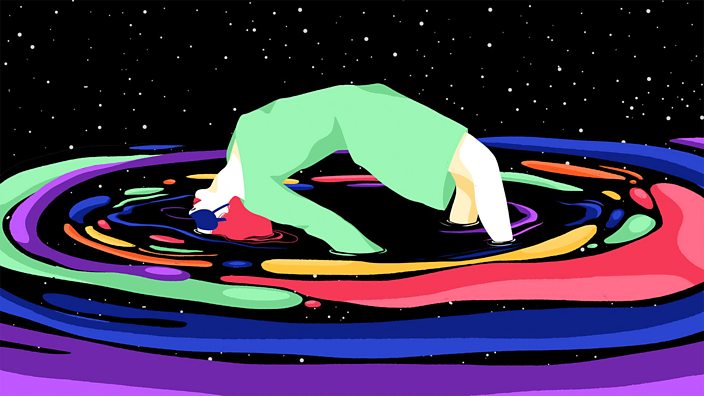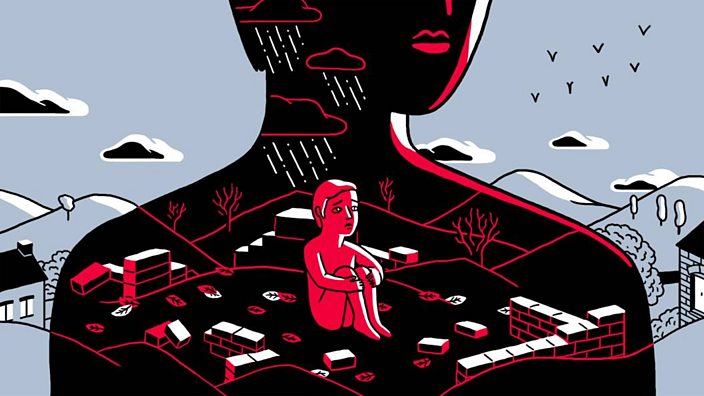 Laurène Boglio
Laurène Boglio'Paedophiles need help, not condemnation - I should know'
It’s a long time since I’ve described myself as a paedophile.
Paedophilia is a disorder, a deeply distressing one.
For me, it's triggered by traumatic experiences in childhood.
I’m in my sixties now, but when I was a young boy my mother used to sit me on her lap while she dried me off after my bath, and she would fondle my genitals.
Her behaviour never felt sexual but, looking back, of course it was. I can’t remember exactly how long that went on but it was a long time. By the time it was over, I was self-harming.
I think my attraction to young boys came from what my mother did to me.
I first acknowledged my abnormality around the age of 15. That was when I first realised that I wasn’t changing mentally in the same way that other boys were changing.
They were taking an interest in women or, in one or two cases, in men. But I never did. I remained fixated on pre-adolescent boys, which was the age at which I had been sexually interfered with.
It was horrible.
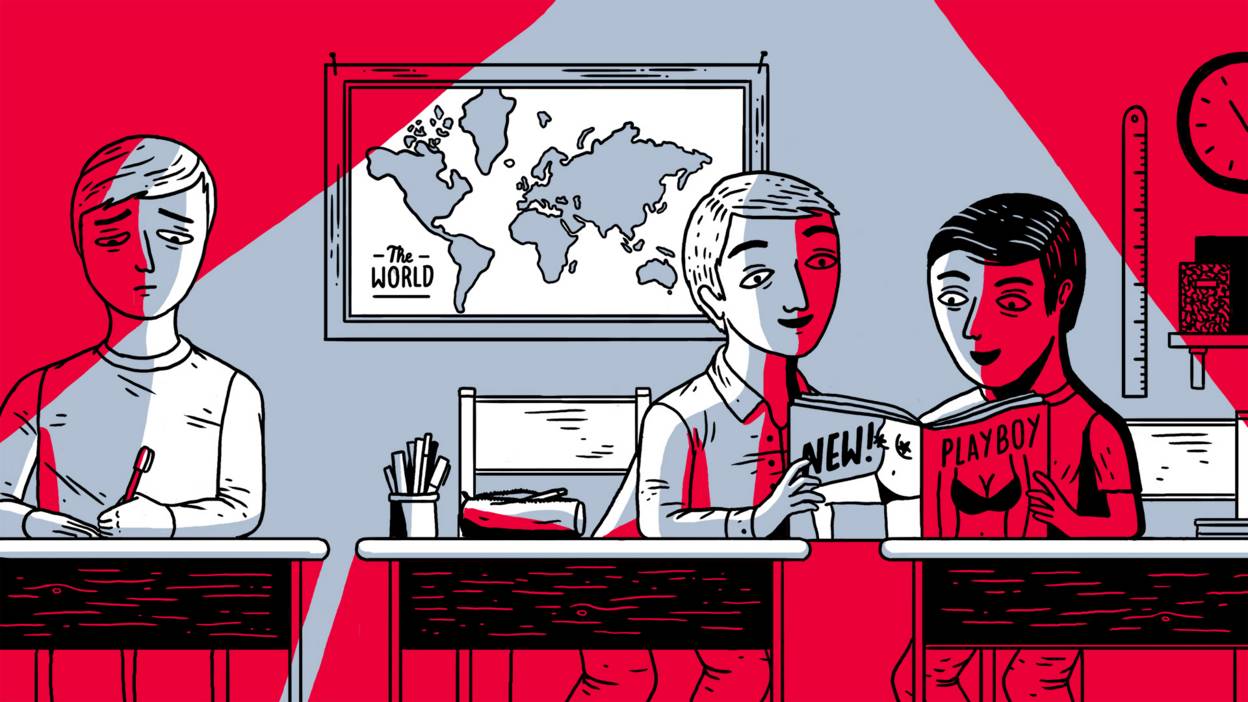 Laurène Boglio
Laurène Boglio
I never even contemplated abusing a child. It was a million miles away from what I wanted to be - which was a normal adult man.
I hoped that as I grew older I’d grow into an adult sexual orientation, but it was like my development had stalled.
It was completely terrifying, and I felt revolted with myself.
I realised that it was likely that I would lead a very lonely life. I was scared that if people found out about my terrible thoughts it could lead to violence, physical attacks.
I went to university, where I had a group of friends and spent several years battling against the reality of my mental state. I had almost no sexual experience at that time.
I was eventually forced to face the fact that I wasn’t changing when I was outed by a housemate.
I guess he had noticed that if we started talking about children, I would change the subject. If we walked down the street and saw a family with children I would get uncomfortable.
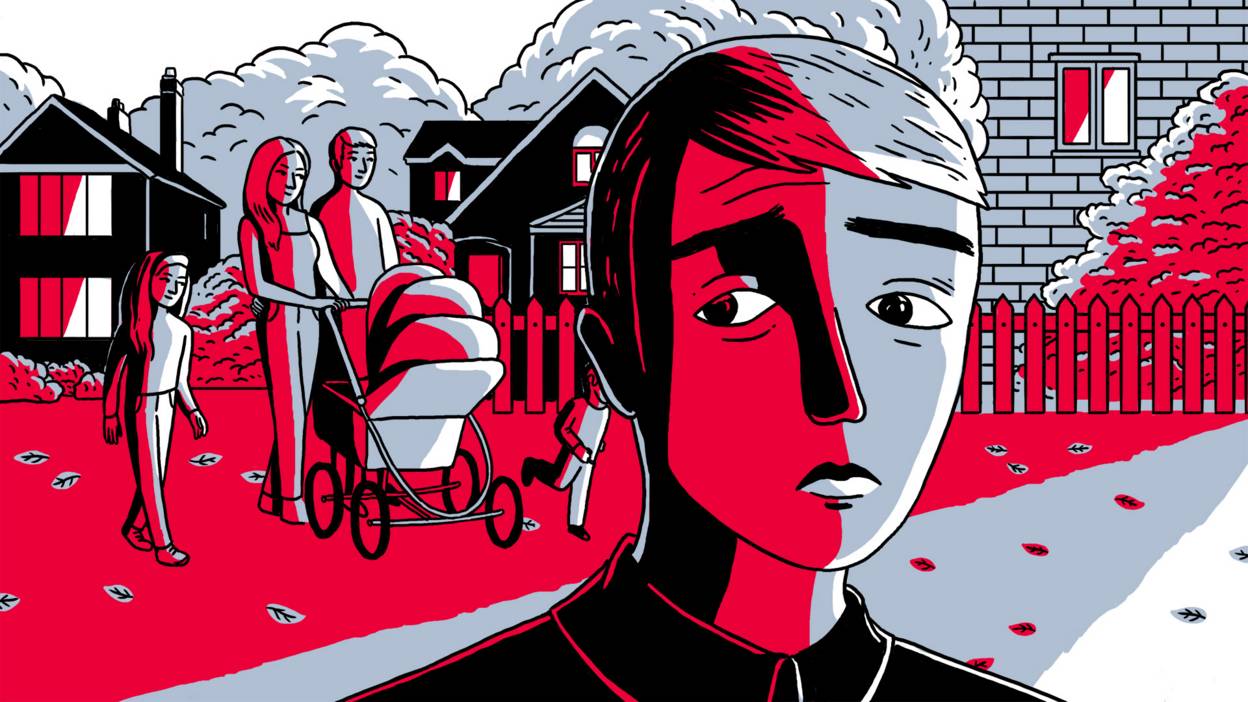 Laurène Boglio
Laurène Boglio
I was sitting in the front room. All my mates were cooking the evening meal and I don’t think they realised I’d come downstairs. They were chatting away and I heard my friend say something like: “I think Jack’s interested in young boys.”
I put my coat on and quietly walked out of the house.
Walking out of that front door was like leaving one world and entering another.
I went to the university GP the next day. I said, “I’m a paedophile. Can this be cured?”
The conventional view of paedophilia is that it’s an incurable condition. But this doctor laughed - he laughed! And he said, “Of course it’s curable.”
It was an absolutely huge relief. The doctor didn’t challenge my identification with paedophilia, he just accepted it and said: “No problem, we’ll sort it.”
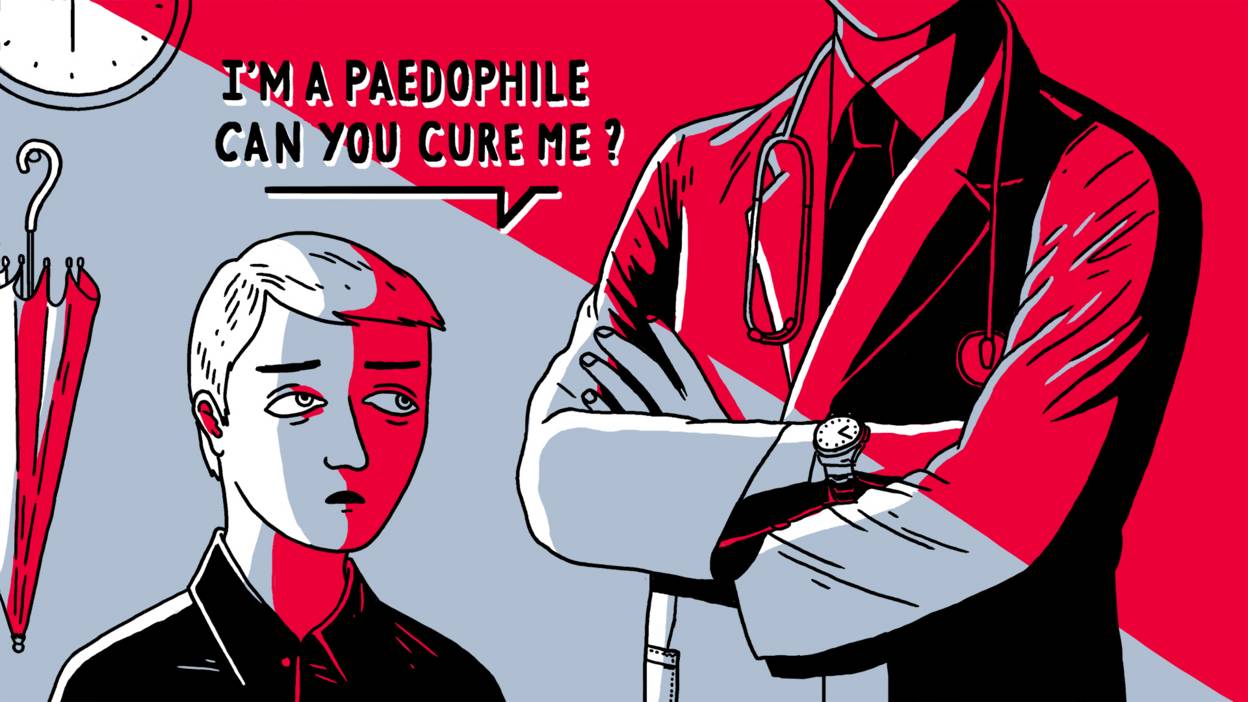 Laurène Boglio
Laurène Boglio
I got a referral letter to the Portman Clinic, which – amongst other services - offers specialist treatment for people with problematic sexual behaviours.
I went to London for my assessment a few weeks later. It was a midsummer’s day in 1972 and I remember walking on Hampstead Heath, watching the trees, listening to the birds, and thinking: “I’m going into a new life.”
The Portman Clinic’s treatments are long-term. I was seen by them for several years.
You talk freely and, over time, they construct a picture of your subconscious drivers.
After treatment, I was a very different person. I even developed a sexual interest in women, which felt extraordinarily liberating.
But there was a lot about me that was shy, inexperienced and naïve.
In a sense, I had to experience my adolescence years after all my peers. I'd had minimal sexual experience, all my friendships had been warped by my self-hatred and I had a huge lack of self-esteem.
I’m now in a good relationship, and have been for a long time with a woman whom I love.
She has always known about my disorder, which will always be something I carry with me. No one else knows, not even my family.
I’ve since done things that I’m proud of in my life. They’re not huge achievements, but they’re achievements nonetheless. If I’ve got one regret, it’s that I’m only now doing this kind of advocacy work for paedophiles.
I work with a charity called StopSO, a specialist treatment organisation for the prevention of sexual offending. It’s a UK-wide organisation offering therapy to anyone who feels at risk of committing a sexual offence.
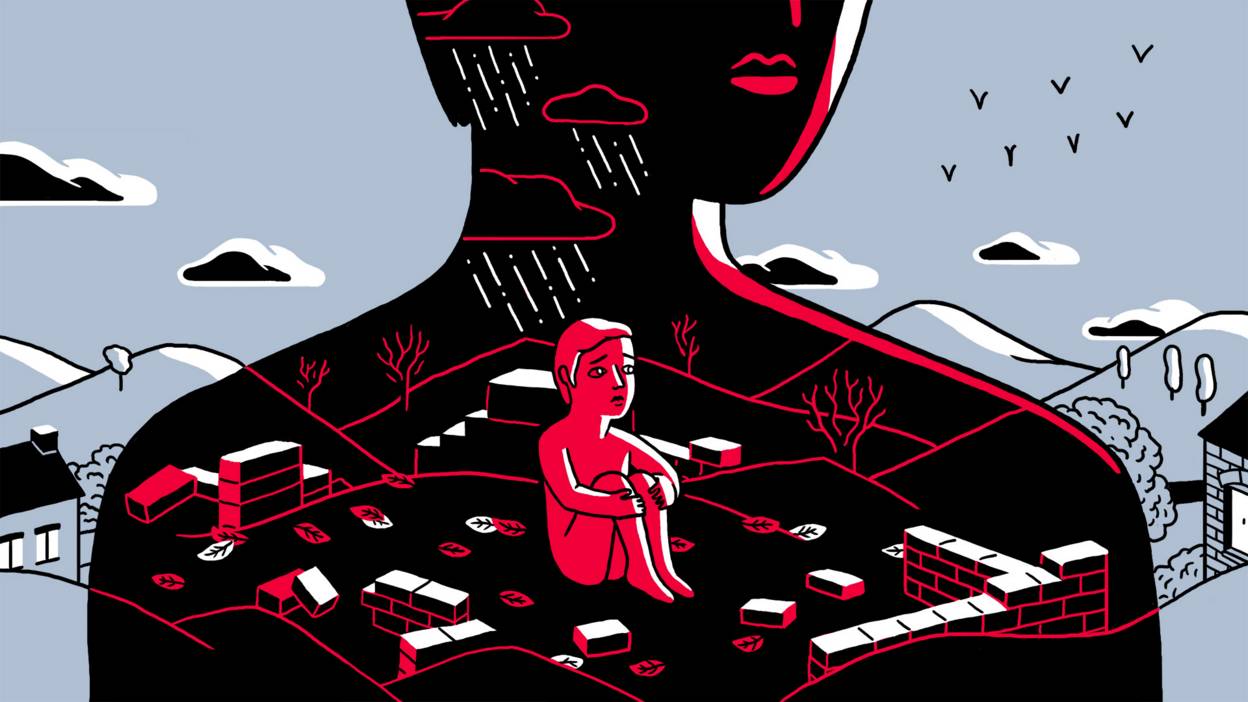 Laurène Boglio
Laurène Boglio
Paedophilia is not understood.
People think paedophilia is synonymous with child sexual abuse. But I would never have abused a child.
Most paedophiles have two warring drives within them: the urge to offend, and the urge to be normal. Most paedophiles are desperate for those desires to go away.
There are online communities where non-offending paedophiles can support each other.
I once discovered a woman online who was exactly like me. She was attracted to infants of the age at which she had been abuse. She also received therapy to treat her paedophilia.
But the demonisation of paedophiles makes it more difficult for non-offending young people who are worried about developing this sexual disorder to seek help.
I think every town in the country should have a clinic like the Portman. But we’re far from that. NHS budgets have been cut, not just in this particular area, in the whole field of psychiatric and mental health care.
We should be identifying sexually damaged young people and potential abusers, and treating them as early as we can. That’s a key way to break the cycle of sexual abuse.
Instead, if you’re a paedophile who has not offended, but you want help, it is very rare to get treatment on the NHS. Most of the time, you'll only get help after you've offended and already hurt someone.
I was lucky. Because of the help I got, I’ve been able to live a normal adult life. I’ve been able to address my issues in ways that others cannot.
Follow these links if you have been affected by sexual abuse or mental health issues.
Illustrations by Laurène Boglio
This article was originally published on 10 February 2017.

